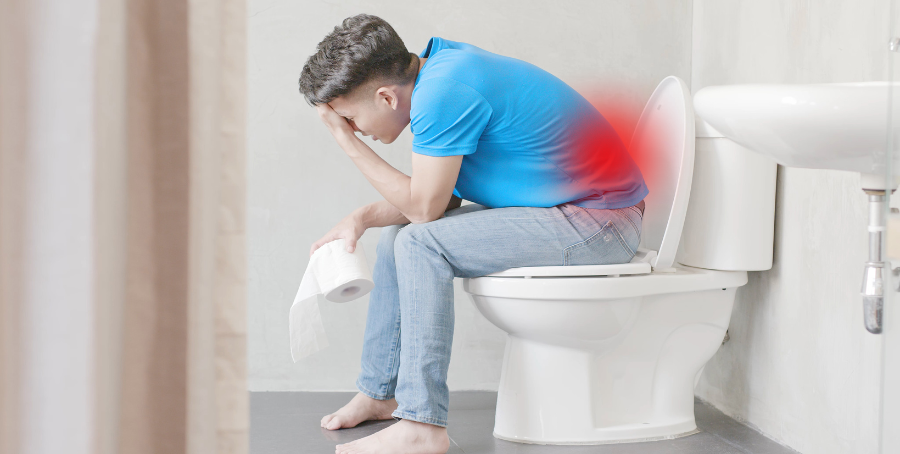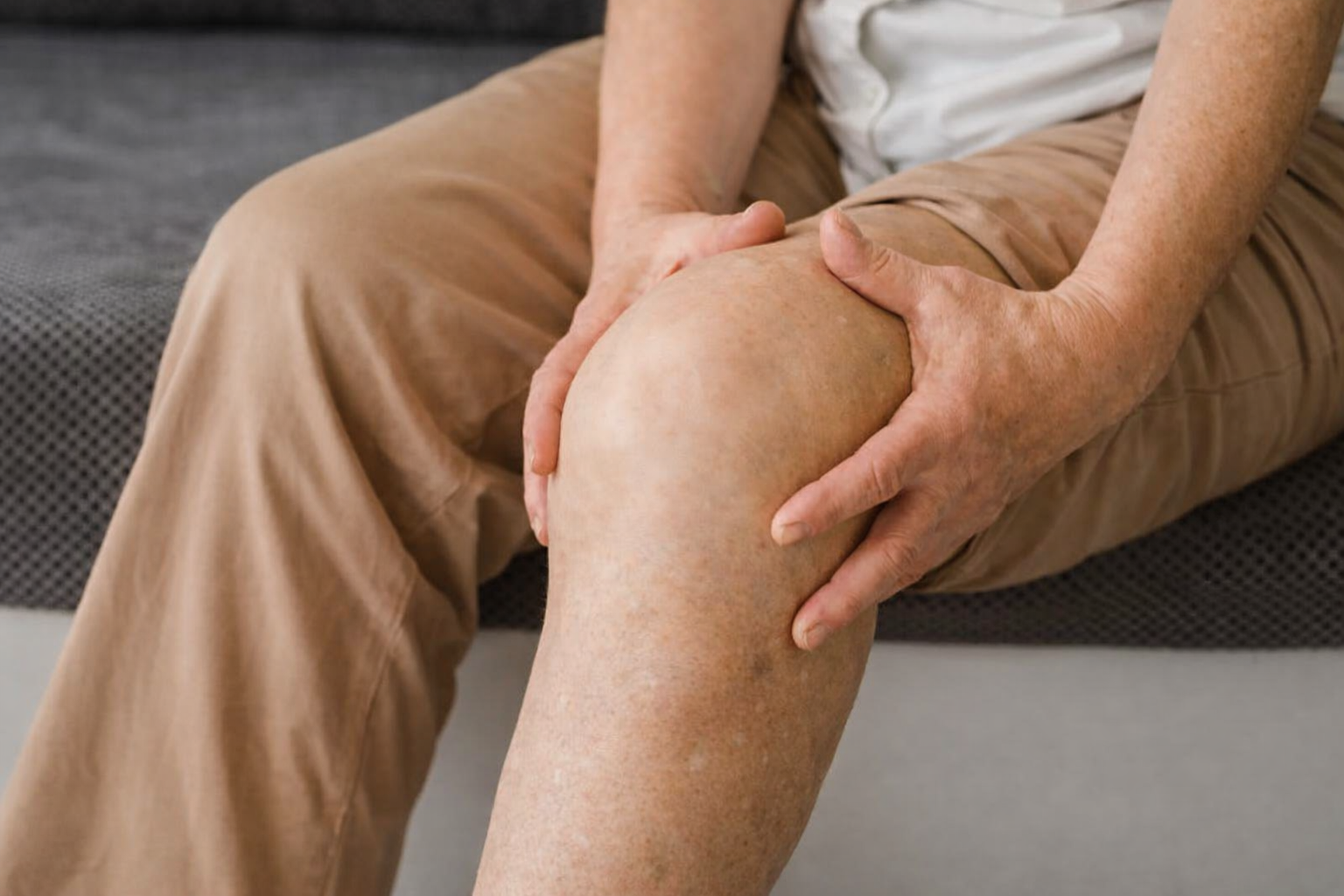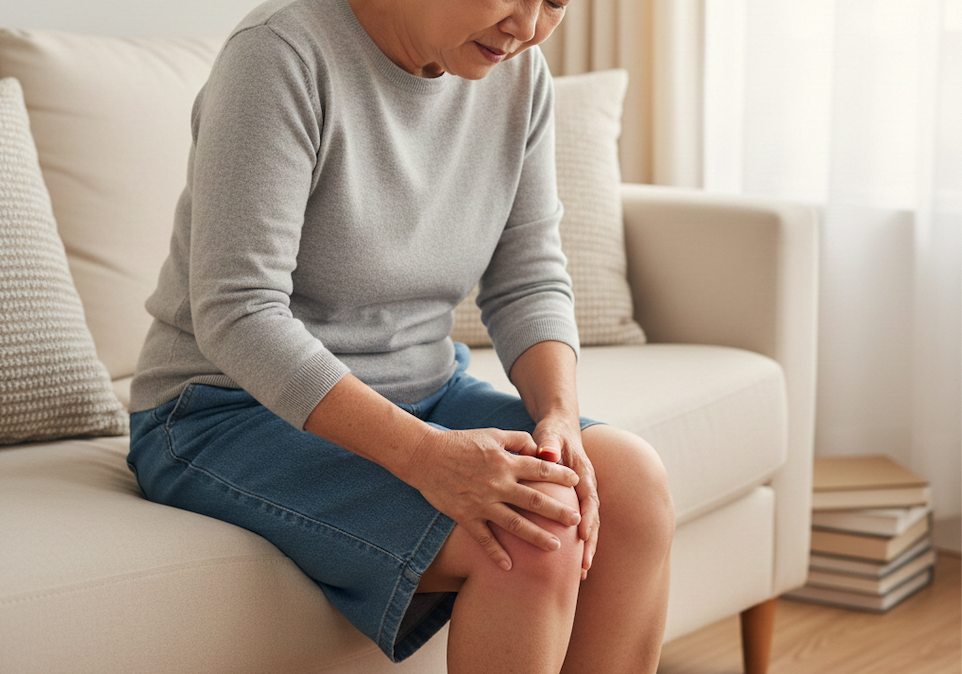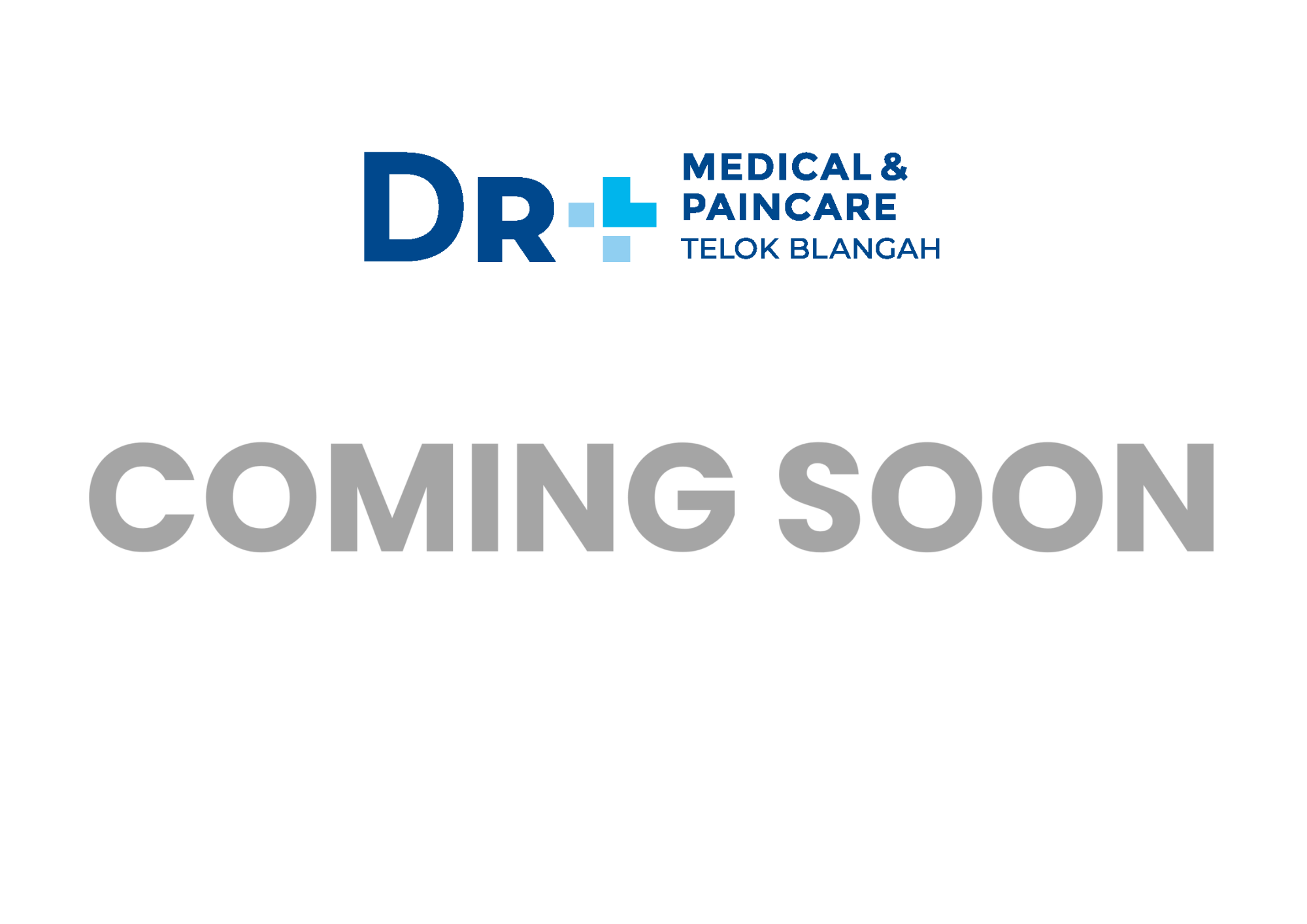
CONTENTS
Have you ever felt an unexpected ache in your lower back and wondered if it could be related to your digestion? You’re not alone. Many people experience constipation and lower back pain at the same time, but don’t realise the two could be connected.
In this article, we’ll explore how constipation can cause pain in the lower back, the biological reasons behind it, how to tell if your back pain is digestive-related, and when it’s time to see a doctor.
What Is Constipation?
Constipation refers to difficulty passing stools or infrequent bowel movements – typically fewer than three per week. It’s a common digestive issue that affects people of all ages, especially adults and seniors.
Common signs of constipation include:
- Hard, dry, or lumpy stools
- Straining during bowel movements
- Feeling of incomplete evacuation
- Bloating and abdominal discomfort
- Nausea or a general feeling of heaviness
Constipation is often caused by a low-fibre diet, insufficient hydration, sedentary lifestyle, stress, or certain medications such as opioids or antidepressants.
What Causes Lower Back Pain?

Lower back pain is one of the most common complaints seen in general practice. It can range from a dull ache to sharp, shooting pain and may affect mobility or quality of life.
Common causes of lower back pain include:
- Muscle strain or ligament sprain
- Herniated discs or spinal degeneration
- Poor posture or prolonged sitting
- Kidney infections or stones
- Sciatica or nerve compression
Interestingly, many internal organs in the abdomen share nerve pathways with the lower back. This is why pain in the gastrointestinal tract can sometimes be felt in the back – a concept known as referred pain.
Can Constipation Cause Pain in the Lower Back?
Yes, it can. While it’s not the most common cause, back pain from constipation is a real and often overlooked issue.
Here’s how constipation can lead to lower back pain:
1. Bowel Pressure on the Spine and Nerves
When stool builds up in the colon, it can cause physical pressure on nearby organs, including the lower spine. This can irritate nerves or compress structures around the pelvic and lumbar area, leading to discomfort or aching pain.
2. Straining During Bowel Movements
Excessive straining can put strain on back muscles and joints. If your posture is poor while sitting on the toilet, this adds even more stress to the lower back.
3. Gas and Bloating
Abdominal discomfort from trapped gas can radiate to the back, especially in the lower region. This pain can come and go depending on the severity of bloating and how long constipation has persisted.
4. Inflammation in the Digestive Tract
In cases of chronic constipation or gut inflammation, the immune response can cause pain to radiate beyond the intestines – especially to surrounding muscles and nerves.
Signs Your Lower Back Pain May Be Related to Constipation

So how do you know if your lower back pain is being caused by constipation?
Here are some tell-tale signs:
- You haven’t had a bowel movement in several days
- Your lower back pain started or worsened with constipation
- You’re experiencing abdominal discomfort, cramping, or bloating
- The pain improves after passing stool or releasing gas
- You’re also feeling full, sluggish, or nauseated
Pain from constipation is usually dull or crampy and may be located more to the sides or lower spine. It typically doesn’t radiate down the legs (as in sciatica).
Other Conditions That Involve Constipation and Lower Back Pain
Constipation and back pain can also be symptoms of more complex medical conditions. These include:
-
Irritable Bowel Syndrome (IBS)
A chronic gastrointestinal disorder that often causes constipation, bloating, and back discomfort. Pain usually improves after a bowel movement.
-
Pelvic Floor Dysfunction
If the muscles that help control bowel movements are weak or uncoordinated, it can lead to chronic constipation and back strain.
-
Pregnancy
Hormonal changes and pressure from a growing uterus can cause both constipation and back pain.
-
Spinal Nerve Compression
Though rarer, spinal disorders like herniated discs can impair bowel function and cause both back and gut symptoms.
-
Colon or Rectal Cancer – rare but serious
Persistent constipation and new onset of lower back pain, especially in older adults, may require further investigation to rule out structural issues.
How to Relieve Back Pain from Constipation

The good news is that back pain caused by constipation is usually temporary and treatable with a few lifestyle adjustments and home remedies.
-
Increase Fibre Intake
Eat more fruits, vegetables, whole grains, and legumes. Soluble fibre softens stools, while insoluble fibre adds bulk.
-
Stay Hydrated
Drink at least 6 to 8 glasses of water daily. Hydration is essential to prevent dry, hard stools.
-
Exercise Regularly
Physical movement encourages bowel motility. Even gentle walking or stretching can help relieve both constipation and lower back tightness.
-
Try Gentle Yoga or Back Stretches
Certain yoga poses such as Child’s Pose, Knees-to-Chest, or Cat-Cow can ease back pain from constipation and stimulate digestion.
-
Over-the-Counter Remedies
Use fibre supplements, stool softeners, or gentle laxatives as directed. Avoid long-term laxative use unless advised by a healthcare professional.
-
Use a Warm Compress
Applying heat to the lower back or abdomen may reduce muscle tension and abdominal pain.
When to See a Doctor
While occasional constipation and back pain are usually not serious, you should see a doctor if:
- Your symptoms last more than a week
- You have severe or worsening back pain
- You notice blood in your stool
- You experience unexplained weight loss
- You feel numbness or weakness in your legs
- You’re over 50 with a new onset of symptoms
Our doctors at DR+ Medical & Paincare can assess your symptoms, rule out serious causes, and recommend treatment tailored to your health condition.
Prevention Tips: Keep Constipation and Back Pain Away
Maintaining good bowel health is key to avoiding both digestive discomfort and lower back pain. Here are a few daily habits that can help:
- Eat a balanced, high-fibre diet
- Limit caffeine and processed foods
- Use the toilet as soon as you feel the urge – don’t delay
- Maintain good toilet posture (consider a footstool to elevate knees)
- Keep physically active, even with light daily movement
Conclusion: The Gut–Back Connection Is Real
In summary, constipation and lower back pain can be closely linked. When your bowels aren’t moving regularly, the build-up of waste and pressure can lead to abdominal discomfort and strain on your lower back.
Most cases are mild and improve with simple changes to your diet, hydration, and lifestyle. However, persistent or severe symptoms should never be ignored.
If you’re dealing with ongoing constipation or back pain from constipation, it’s always best to consult a healthcare professional. DR+ GP can help identify the root cause and guide you toward lasting relief.
FAQs About Constipation and Lower Back Pain
- Can constipation cause sharp lower back pain?
Typically, it causes dull or crampy pain. If you’re experiencing sharp, shooting pain, it may be due to a different condition such as a herniated disc.
- How long does back pain from constipation last?
Usually a few days, depending on how long the constipation persists. Once your bowel movements return to normal, the pain typically subsides.
- Is back pain a common symptom of constipation?
It’s not the most common symptom, but some people do experience back pain, especially if stool build-up or gas places pressure on the lower spine.
- Will laxatives relieve my back pain?
If the back pain is caused by constipation, a gentle laxative or stool softener may help relieve both bowel and back symptoms. Always consult a doctor before long-term use.



